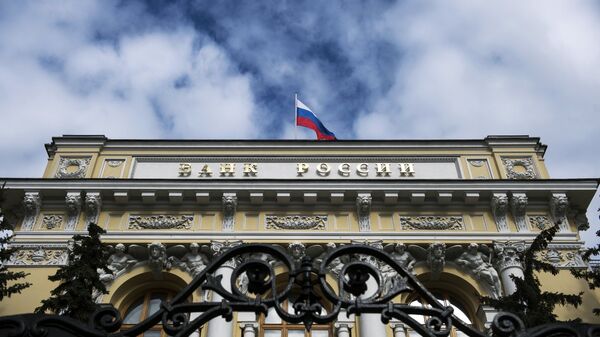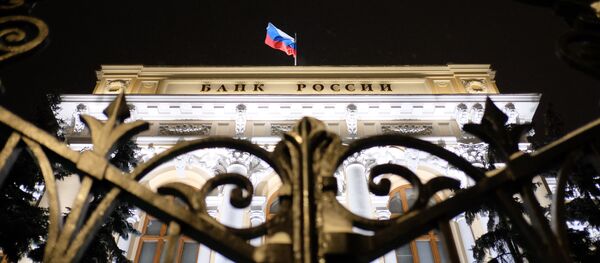The last time they were issued was in 2011.
As sanctions have cut off access Russian banks’ and companies’ access to foreign capital markets the domestic situation is changing.
"Yet banks are as flush with liquidity now as they were then because the government is plowing so much of its rainy-day funds into the economy to limit a budget shortfall, that Nabiullina is concerned deposits at banks will soon outstrip those held at the Bank of Russia," the article read.
"The Finance Ministry running a deficit is creating problems for the central bank. That’s why they have to mop up liquidity," Daniel Hewitt, a senior economist at Barclays Plc., told Bloomberg.
The issuance of bonds may be Central Bank’s "best weapon" to soften the recession, according to the article.
Nabiullina hinted that the bank would sell "tens trillions of rubles" in a pilot program over the next two or three months.
OBRs will have to be competitively priced to persuade investors to choose them over government obligations (OFZs) traditionally issued by the Finance Ministry. As a result, the Bank would have to increase the interest yield.
"If there is a big surplus of ruble liquidity, there will be demand from banks. But you’ll still have to offer a yield above current short-term OFZs," Vladimir Miklashevsky, chief strategist at Danske Bank in Helsinki, pointed out.



